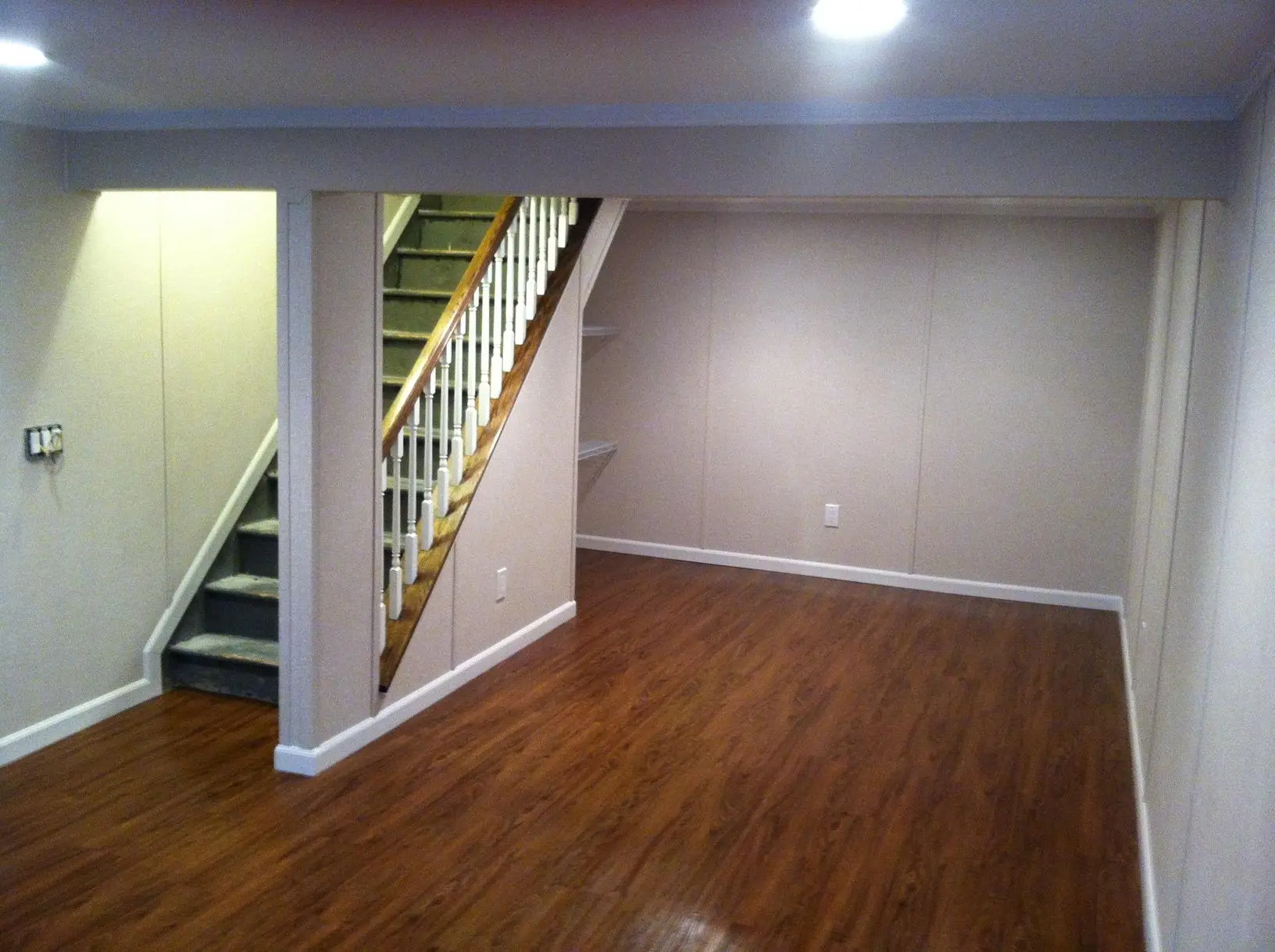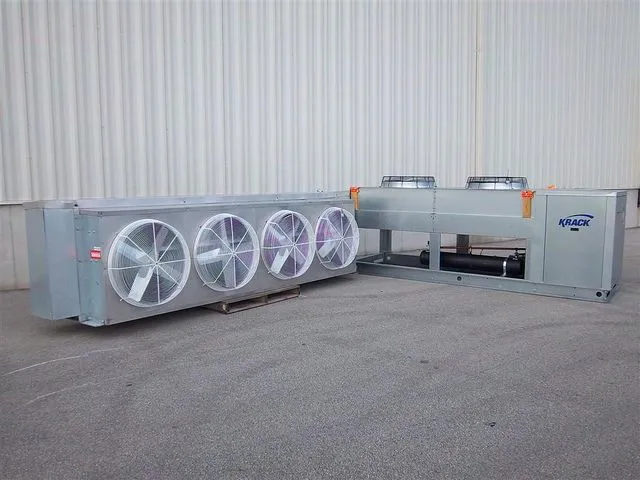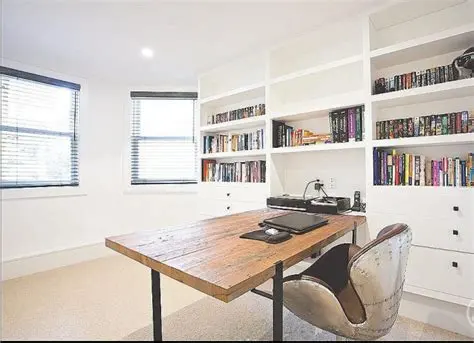Enhance your professional life with an innovative basement office
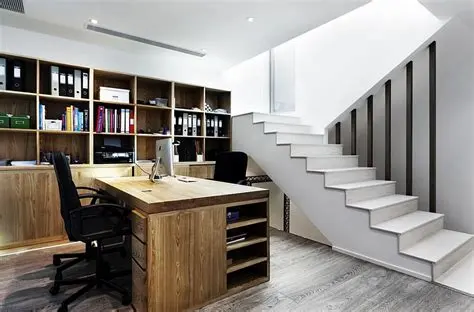
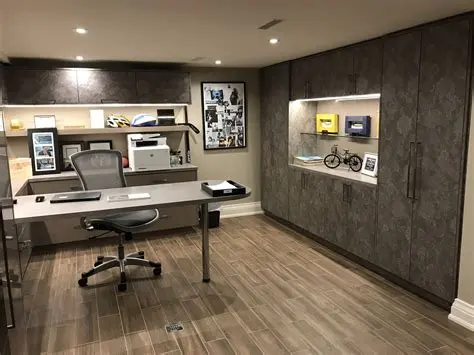
In today’s world, creating an office in your home has become more of a necessity than a luxury. With the current pandemic and the work from home trend, having a dedicated workspace has become crucial. However, not everyone has an extra room to convert into an office. In such cases, utilizing the basement can be a great option.
Why Office in the Basement?
Setting up an office in the basement can be a smart decision for a number of reasons. One of the primary reasons is cost savings. Renting or leasing a commercial space can be expensive, and setting up an office in your basement can be a cost-effective alternative. You can use the existing space in your home and save money on rent, utilities, and other expenses associated with maintaining a separate office space.
Another benefit of setting up an office in the basement is increased privacy. Basement offices are often quieter and more secluded than other areas of the home, providing a private and quiet workspace away from the rest of the household. This can be especially important if you have a lot of distractions or noise in your home, such as children or pets.
It can also increase productivity and focus. Having a dedicated workspace can help you mentally separate your work life from your home life and create a sense of routine and structure. With fewer distractions and interruptions, you may be able to work more efficiently and effectively.
Another advantage of having an office in the basement is increased flexibility. When you have an office in your home, you have more flexibility in terms of your work schedule. You can work early in the morning or late at night without worrying about commuting to an external location. This can be especially beneficial if you have a busy or unpredictable schedule.
Finally, a finished basement with a functional office space can increase the value of your home. This can be a selling point if you plan on selling your home in the future. In summary, there are several reasons why setting up an office in the basement can be a smart and practical decision.
Why Need Professionals to Develop a Basement Office ?
It is important to consult with professionals when developing an office in your basement because they have the expertise and experience to ensure that your project is completed safely and efficiently. Professionals such as contractors, electricians, plumbers, and HVAC technicians can help you navigate the challenges of transforming a basement space into a functional office. They can advise you on building codes and regulations, identify potential issues with moisture and ventilation, and help you design and implement a plan that meets all of your needs. By working with professionals, you can ensure that your basement office is safe, functional, and comfortable, and that it meets all of your requirements for a productive workspace.
Embark on a journey of endless options to transform your basement into your dream space now
How to develop an office in the basement
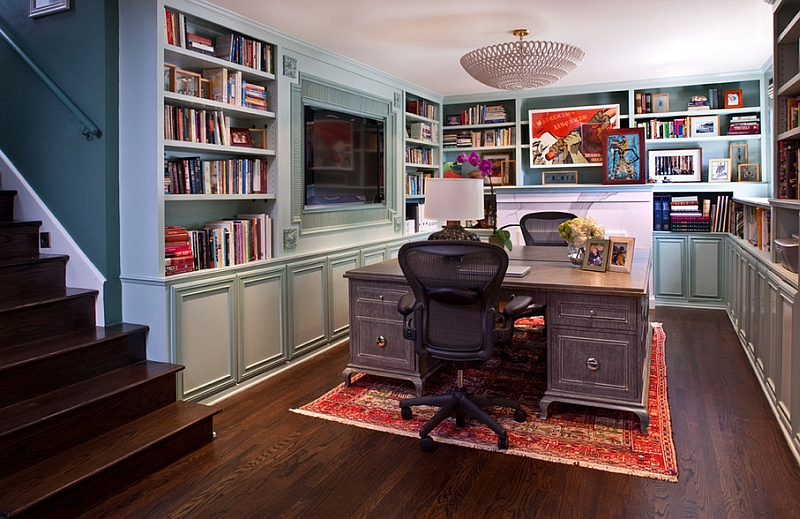
Designing the Layout
Once you have assessed the space, you can move onto designing the layout of your office. This includes determining the location of the desk, filing cabinets, shelves, and any other furniture you plan to use.
It’s important to make sure that the layout is functional and provides adequate space for movement.
Choosing the Right Furniture
Choosing the right furniture is essential to developing an efficient and comfortable workspace. You will need to select a desk, chair, and storage solutions such as cabinets or shelves.
Additionally, if you plan to use an office chair with a base, consider the types of base office chairs available and choose one that suits your needs.
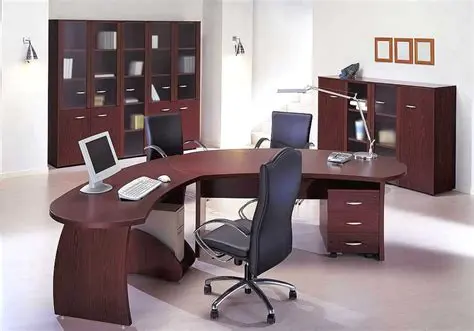
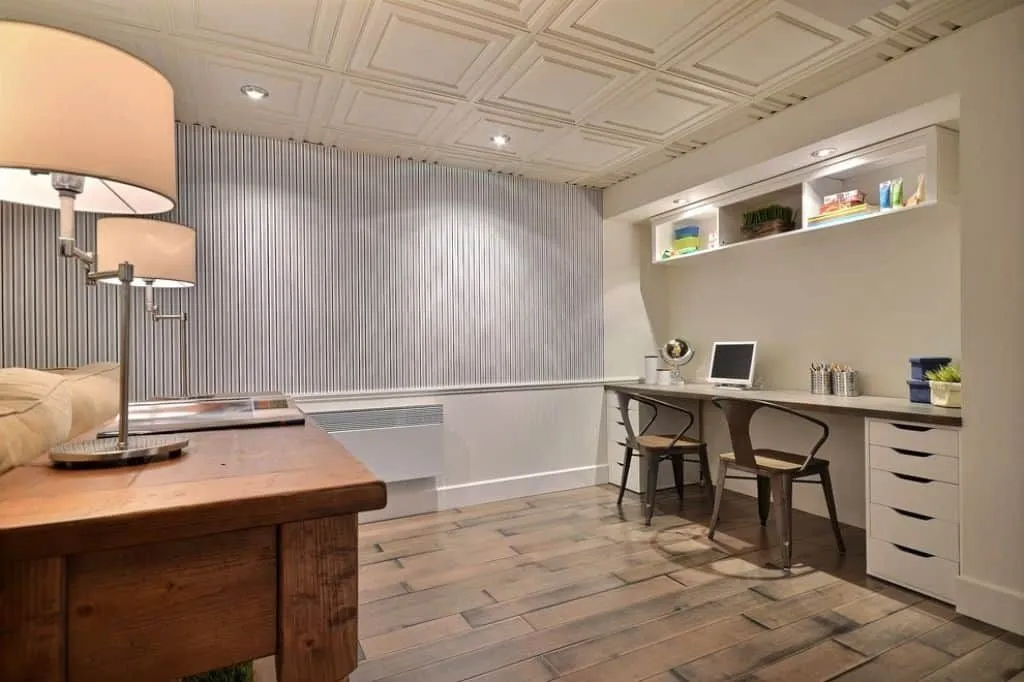
Flooring and Walls
Basements can be prone to moisture, which can damage flooring and walls. Choose flooring and wall materials that are durable and resistant to moisture. Options such as vinyl or tile flooring, and mold-resistant drywall are ideal for basements.
Décor and Aesthetics
Finally, consider the décor and aesthetics of your office. Choose colors and décor that reflect your personality and create a welcoming and comfortable workspace. Additionally, consider adding plants or artwork to create a pleasant atmosphere.
In conclusion, developing an office in the basement can be a great solution for those who need a dedicated workspace but don’t have an extra room to convert. With the right planning, furniture, lighting, and storage solutions, you can create a functional and efficient workspace that meets your needs.
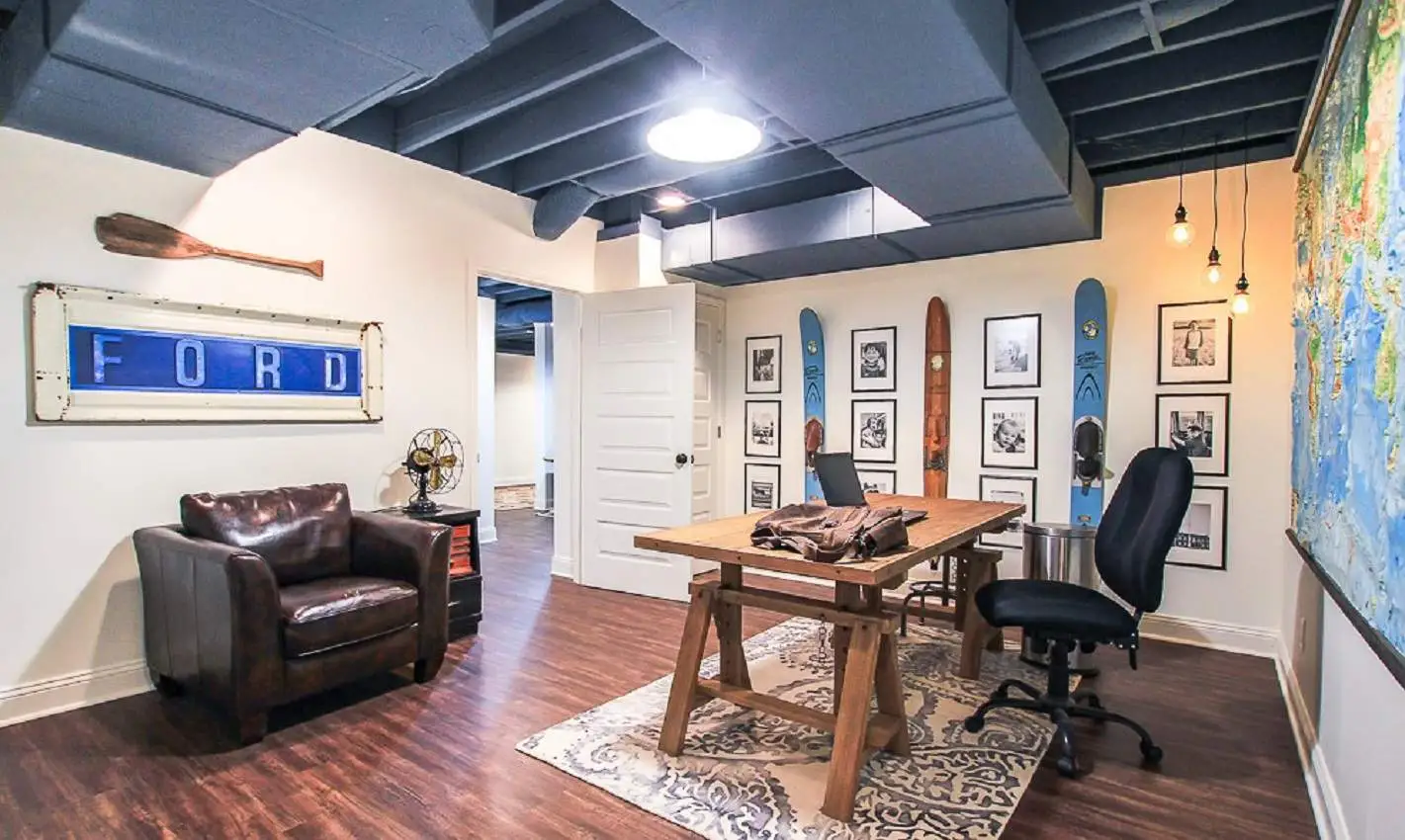
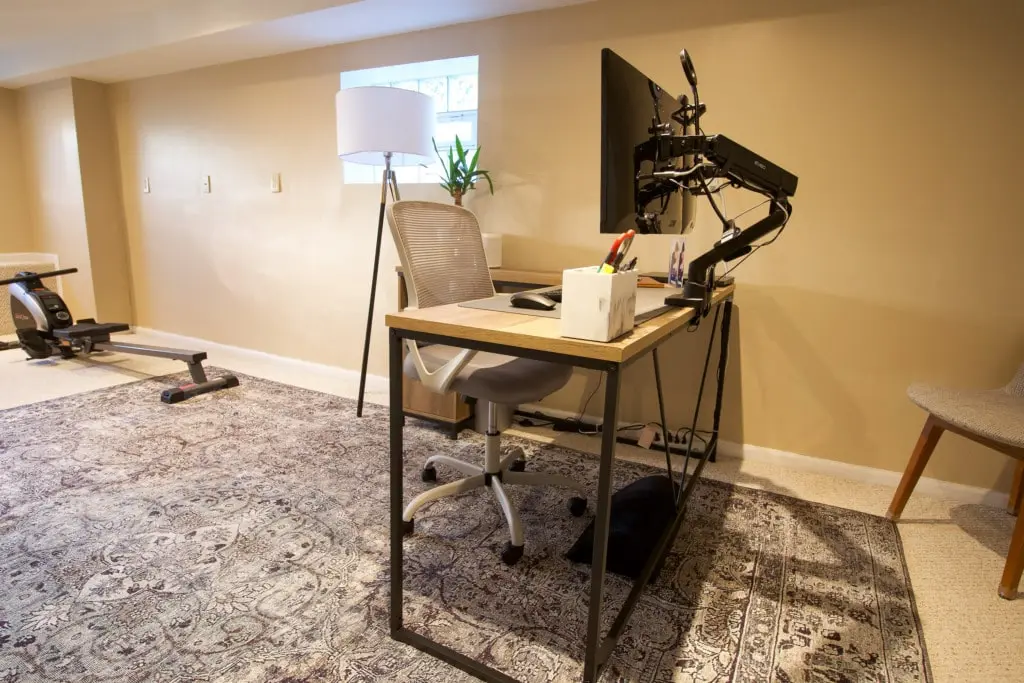
Space Planning
When designing an office in the basement, the first step is to assess the available space and plan accordingly. Consider the placement of windows and doors, as well as any existing walls or pillars that may impact the layout. It’s important to ensure that there is adequate lighting and ventilation to create a comfortable and productive work environment.
Lighting
Lighting is key in any office, and it’s especially important in a basement. Natural light may be limited, so consider installing additional lighting fixtures to brighten up the space. Avoid harsh fluorescent lighting and opt for softer, warmer light sources that will create a welcoming atmosphere.
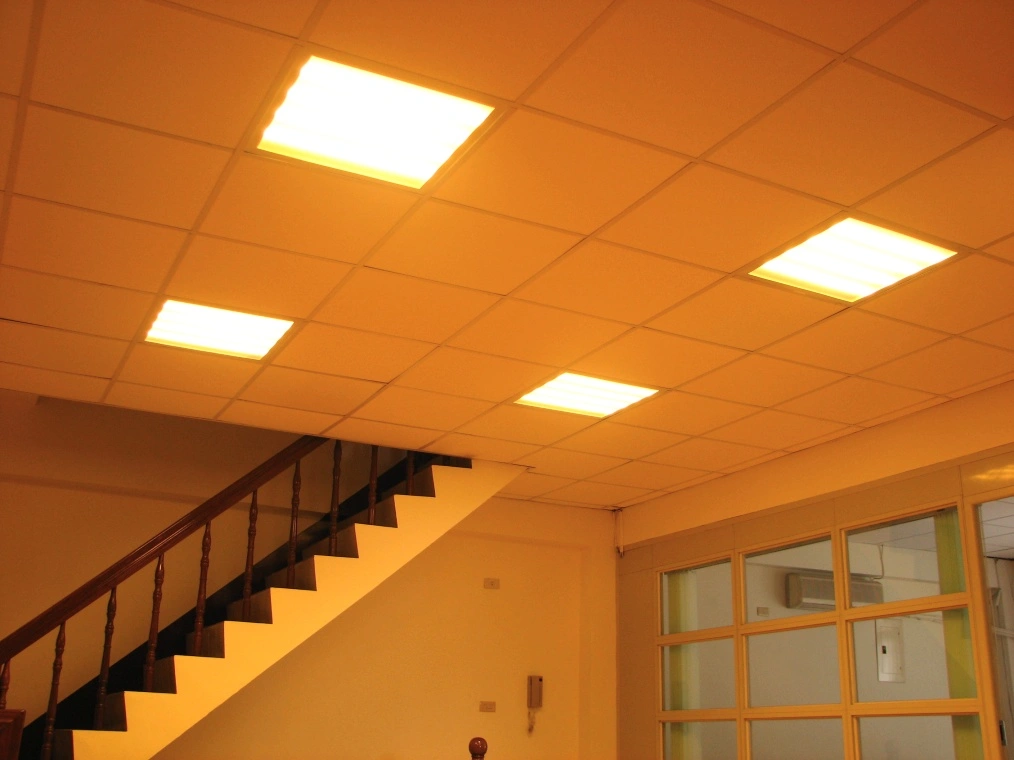
Basement Finishing Cost Calculator
Electrical and Networking
Before starting any construction or renovation work, make sure that the basement is properly wired and equipped with the necessary electrical outlets and networking infrastructure. This will ensure that all equipment can be powered and connected to the internet, which is essential for any modern office.
Acoustics
Depending on the layout of your basement, you may need to consider the acoustics of the space. If the room has low ceilings or is located near noisy appliances (like a furnace or laundry machine), you may want to consider adding sound-absorbing materials to the walls and ceiling to reduce echo and make it easier to focus.
Privacy
If you plan on meeting with clients or hosting conference calls in your basement office, you’ll want to ensure that the space is private and free from distractions. Consider installing a door or room divider to separate the workspace from the rest of the basement.
Ergonomics
When selecting furniture for your office, be sure to choose pieces that are ergonomically designed to support good posture and reduce the risk of injury. Look for chairs with adjustable height and lumbar support, and make sure your desk is the appropriate height for your body.
Overall, developing an office in the basement can be a great way to create a functional workspace while maximizing the available square footage in your home. By taking the time to plan and design the space properly, you can create a productive and comfortable environment that meets all of your needs..
Furniture and Equipment
Selecting the right furniture and equipment is crucial for any office, but it’s especially important when creating a workspace in a basement. Consider the size and shape of the available space when choosing furniture. opt for pieces that are functional, but also fit the aesthetic of the room. Look for desks, chairs, and storage solutions that are designed for small spaces.
What our project entails?
Setting up an office in your basement can be a practical and cost-effective solution for those looking to work from home. It can save you money on rent and utilities while providing a private and quiet workspace away from distractions. Additionally, a finished basement with a functional office space can increase the value of your home. To create a comfortable workspace in your basement, you should assess the available space and determine several design ideas on how to best utilize it. With careful planning and design, you can create a comfortable and functional office that meets all of your needs and helps you achieve your professional goals.

Your Dream Basement Projects starts from here : Ignite your options with our complementary quotation
FAQs
What are the benefits of setting up an office in the basement?
Setting up an office in the basement can provide cost savings, privacy, increased productivity, flexibility in work schedule, and can increase the value of your home.
What should I consider when planning a basement office?
You should consider factors such as lighting, ventilation, temperature control, storage needs, furniture and equipment requirements, soundproofing, and moisture control.
What furniture and equipment do I need for a basement office?
You will likely need a desk, chair, computer, printer, and phone. Depending on your job requirements, you may also need additional equipment such as a scanner, fax machine, or copier.
How do I transform my basement into a functional office?
The process of transforming your basement into a functional office may involve tasks such as cleaning, painting, installing lighting and electrical outlets, setting up furniture and equipment, and addressing any issues with soundproofing or moisture control.
Can setting up an office in the basement increase the value of my home?
Yes, a finished basement with a functional office space can increase the value of your home.
How do I ensure proper ventilation in my basement office?
You can ensure proper ventilation in your basement office by opening windows, installing a ventilation fan, or using a dehumidifier to regulate the air quality.
How do I ensure adequate lighting in my basement office?
You can ensure adequate lighting in your basement office by installing overhead lights, task lighting, or natural lighting sources such as windows or skylights.
How do I soundproof my basement office?
You can soundproof your basement office by installing acoustic insulation, sealing air leaks, and using sound-absorbing materials such as rugs, curtains, or acoustic panels.
What are some tips for creating a comfortable and productive workspace in my basement office?
Some tips for creating a comfortable and productive workspace in your basement office include investing in ergonomic furniture, incorporating natural light sources, decluttering your workspace, and creating a separate entrance or space for your office to create a mental separation between work and home life.

